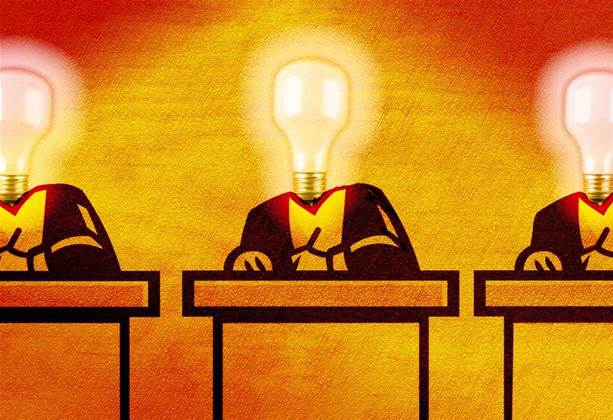The UK's controversial Digital Economy Bill was finally passed into law after months of political wrangling and intensive lobbying from the creative industries and rights groups.
The Digital Economy Act 2010 was, in the end, rushed through the Commons in the 'wash up' period so that it could be given Royal Assent before parliament dissolves on Monday.
Despite being hailed by the creative industries as a vital step in stemming the loss of millions of pounds, safeguarding jobs and encouraging greater innovation and investment, many on the other side of the coin have expressed profound dismay.
The Open Rights Group reacted angrily to the news of the Bill's enactment into law, initially posting an image on its homepage of a hand making a one-fingered gesture alongside the caption: 'What parliament thinks of your right to internet.'
"What a debacle. Measures to allow disconnection of individuals from the internet, for undefined periods of time, web blocking laws, all with no real scrutiny and limited debate," wrote Open Rights Group executive director Jim Killock in a blog post.
"A group of Labour rebels - with Liberal Democrat support - put forward a few amendments to try to test the Bill. Within two and a bit hours, the debate was shut down, and the Bill proceeded without dealing with any of the substantive issues."
Some provisions of the Bill may come into force immediately. However, it is likely that several of the more controversial aspects concerning copyright infringement will require further public consultation, giving rights groups and other campaigners another chance to have their voices heard. They will also require approval at a European Union level.
Also planned is a super-affirmative process at the beginning of the next parliament, in which MPs will get another 60 days to scrutinise the provisions that will allow a secretary of state to block copyright infringing sites.




_(33).jpg&h=140&w=231&c=1&s=0)
_(36).jpg&h=140&w=231&c=1&s=0)





 Cyber Resilience Summit
Cyber Resilience Summit
 iTnews Executive Retreat - Security Leaders Edition
iTnews Executive Retreat - Security Leaders Edition
 Huntress + Eftsure Virtual Event -Fighting A New Frontier of Cyber-Fraud: How Leaders Can Work Together
Huntress + Eftsure Virtual Event -Fighting A New Frontier of Cyber-Fraud: How Leaders Can Work Together
 iTnews Cloud Covered Breakfast Summit
iTnews Cloud Covered Breakfast Summit
 Melbourne Cloud & Datacenter Convention 2026
Melbourne Cloud & Datacenter Convention 2026












_(1).jpg&h=140&w=231&c=1&s=0)



